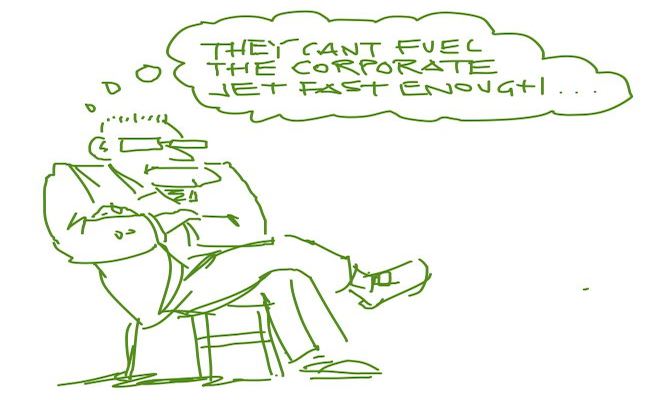Some years ago the idea of cycling to work, or to anywhere that was more than a matter of minutes away, became about as fashionable as flared corduroy trousers. Arrive at the office with leaves stuck to your face and hair like a bowl of stiff spaghetti? You might as well have suggested that someone travel to work on a pogo stick. However, cycling now seems to be back in vogue, and not just because it helps the planet.
We all know that cycling is a good way of keeping fit. This is one reason why a lot of people are intrigued by the idea of leaving the car at home and hopping on their bike. There is also the fact that cyclists can go where no motorist can – enabling short cuts that get you to work before anyone else. And yes, there is the environmental aspect of the process. When the traffic is sitting gridlocked during what we laughingly refer to as “rush-hour”, it’s belching out fumes. A cyclist making the same journey gets there quicker and releases far fewer noxious gases.
This idea is so popular that there are now major municipalities the world over sponsoring cycle-hire programs. London is the latest to unveil such a program, and there are many more set to follow. There may be teething troubles along the way, but if you are looking for a way to get to work without having to brave long queues, then this is a good one – and many office buildings now have showers to enable you to clean up before sitting down to work.



